MLA Niki Sharma speaks to media regarding allegations made by the BC Conservative party about possible election interference at her constituency office in Vancouver, British Columbia on Thursday, January 9, 2025.
Attorney General Niki Sharma says B.C. can now proceed as a representative plaintiff on behalf of other Canadian governments with litigation aimed at recovering the costs of treating opioid-related diseases allegedly caused by the industry's conduct.Attorney General Niki Sharma says B.C. will act as lead plaintiff in a class-action lawsuit against pharmaceutical companies.
She said in a statement the top court decision reaffirms B.C.'s commitment to holding pharmaceutical companies accountable for their role in the opioid crisis, which was declared a public health emergency in the province in April 2016. B.C. can sue opioid providers for health-care costs on behalf of other governments, Canada's top court rulesThat's after several opioid companies argued in B.C. Supreme Court that the province was overstepping its authority under the constitution.
Sharma says the class-action's certification marks a "significant milestone" in the proceedings that date back to 2018 when the province first launched the lawsuit.
Canada Latest News, Canada Headlines
Similar News:You can also read news stories similar to this one that we have collected from other news sources.
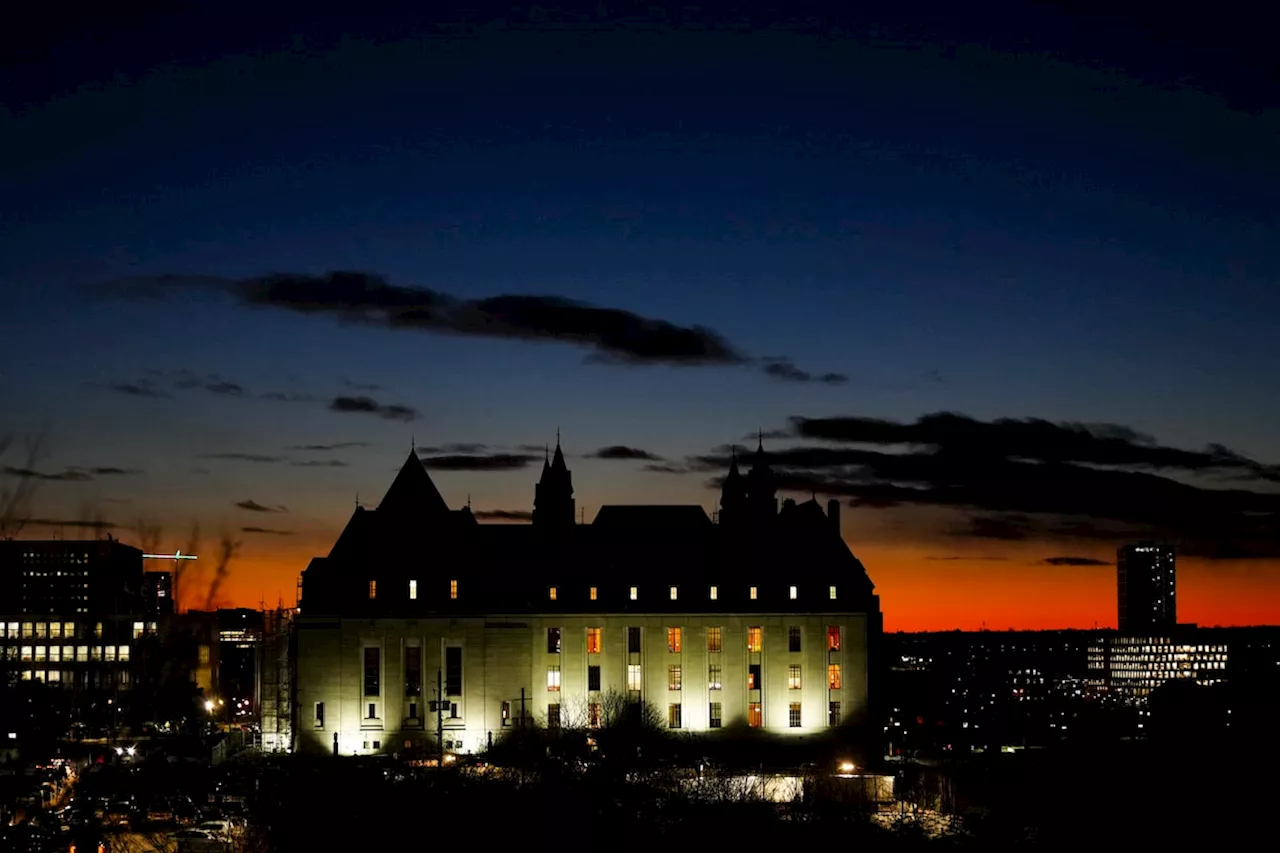 Canada's Supreme Court Strikes Down Mandatory Minimum Sentences with Hypothetical OffendersThe Canadian Supreme Court frequently overturns mandatory minimum sentences, using a 'reasonable hypothetical' offender to determine fairness. This approach allows judges to consider offenders who don't exist, leading to the dismissal of even minimum sentences for serious crimes like sex offenses against minors.
Canada's Supreme Court Strikes Down Mandatory Minimum Sentences with Hypothetical OffendersThe Canadian Supreme Court frequently overturns mandatory minimum sentences, using a 'reasonable hypothetical' offender to determine fairness. This approach allows judges to consider offenders who don't exist, leading to the dismissal of even minimum sentences for serious crimes like sex offenses against minors.
Read more »
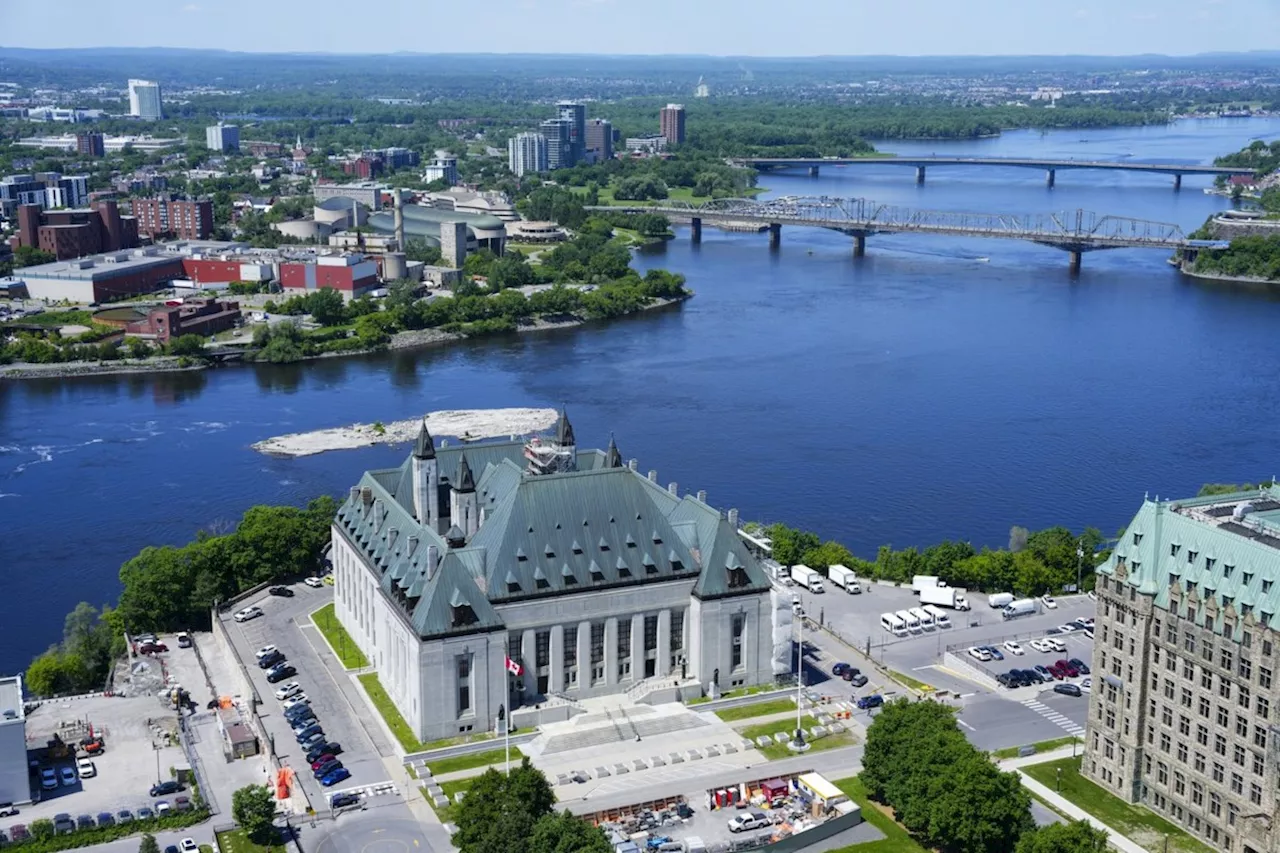 Supreme Court to Weigh Fate of Canada's Good Samaritan Law in Overdose CaseThe Supreme Court of Canada will hear arguments in a case that could determine the future of Canada's Good Samaritan law, which protects individuals who call for help during drug overdoses. The case involves Paul Wilson, who was arrested for drug possession after calling 911 for a woman experiencing a fentanyl overdose in 2020.
Supreme Court to Weigh Fate of Canada's Good Samaritan Law in Overdose CaseThe Supreme Court of Canada will hear arguments in a case that could determine the future of Canada's Good Samaritan law, which protects individuals who call for help during drug overdoses. The case involves Paul Wilson, who was arrested for drug possession after calling 911 for a woman experiencing a fentanyl overdose in 2020.
Read more »
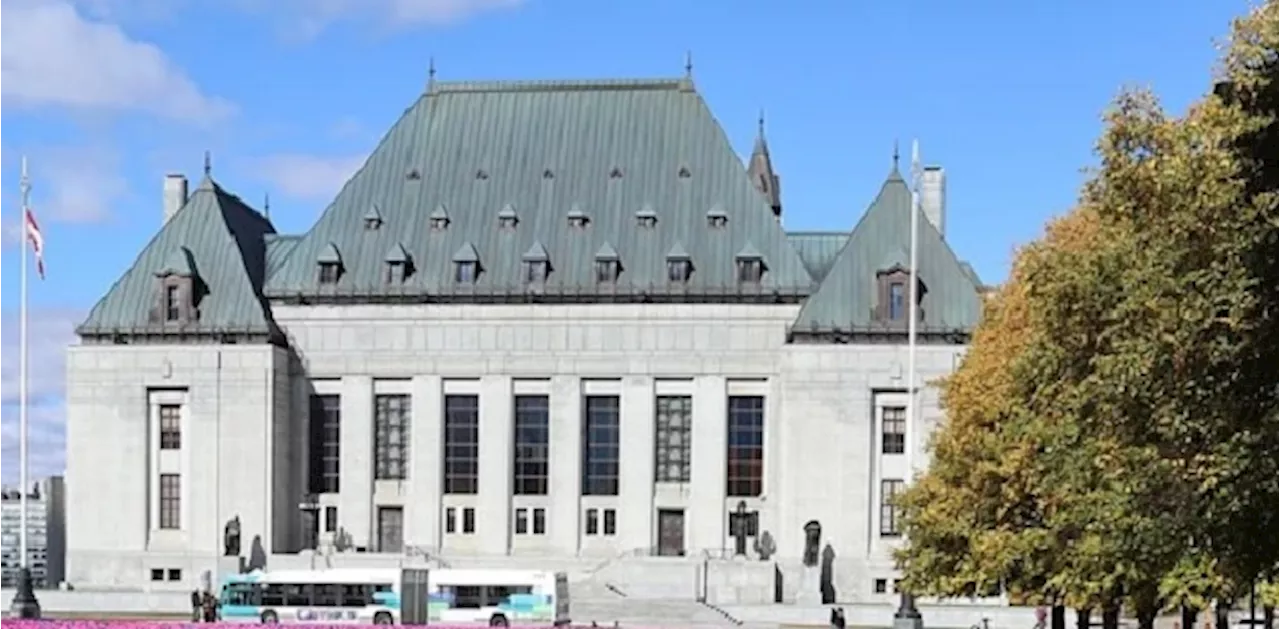 Supreme Court Case Tests Canada's Good Samaritan Law for Overdose CallsA case before the Supreme Court of Canada will examine the limits of police power to arrest individuals at overdose scenes and the clarity of the Good Samaritan Drug Overdose Act. The case stems from the arrest of Paul Wilson in Saskatchewan after he called 911 for help during a fentanyl overdose. Harm reduction advocates argue that the court's decision will set a precedent for the safety of bystanders who seek help during overdoses across the country.
Supreme Court Case Tests Canada's Good Samaritan Law for Overdose CallsA case before the Supreme Court of Canada will examine the limits of police power to arrest individuals at overdose scenes and the clarity of the Good Samaritan Drug Overdose Act. The case stems from the arrest of Paul Wilson in Saskatchewan after he called 911 for help during a fentanyl overdose. Harm reduction advocates argue that the court's decision will set a precedent for the safety of bystanders who seek help during overdoses across the country.
Read more »
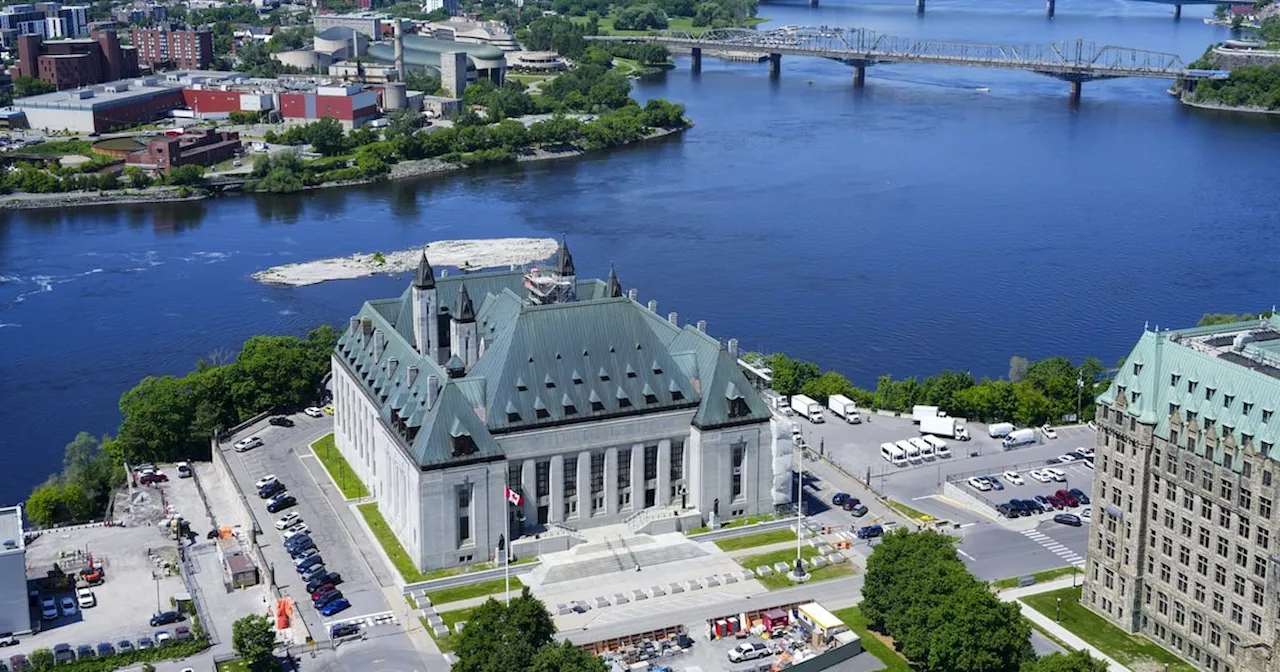 Supreme Court to Decide Fate of Canada's Good Samaritan Drug Overdose LawThe Supreme Court of Canada will hear arguments on whether police can legally arrest people for simple drug possession at the scene of a drug overdose, a case with national implications for harm reduction efforts. The case revolves around Paul Wilson's arrest in 2020 after calling 911 for a woman experiencing a fentanyl overdose.
Supreme Court to Decide Fate of Canada's Good Samaritan Drug Overdose LawThe Supreme Court of Canada will hear arguments on whether police can legally arrest people for simple drug possession at the scene of a drug overdose, a case with national implications for harm reduction efforts. The case revolves around Paul Wilson's arrest in 2020 after calling 911 for a woman experiencing a fentanyl overdose.
Read more »
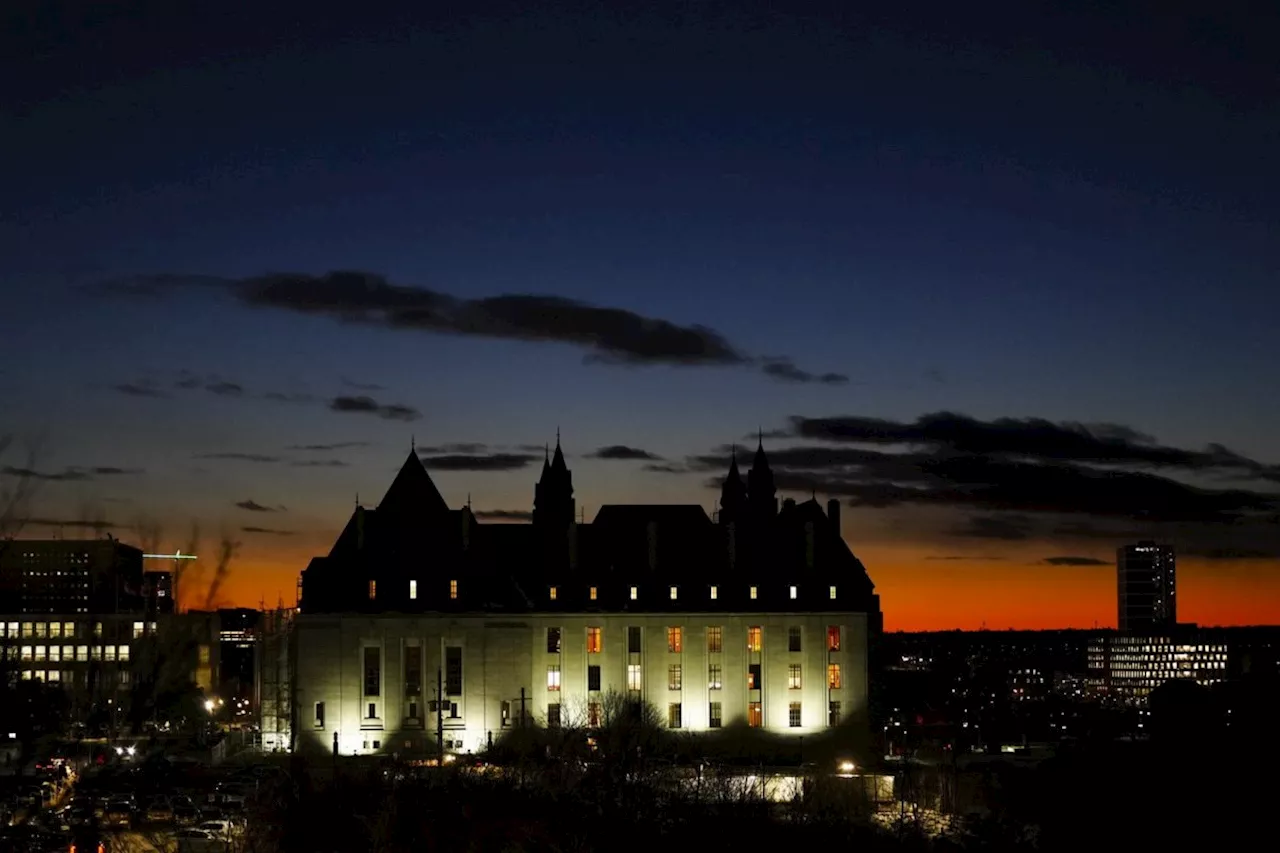 Canada's Supreme Court Denies Indigenous Group's Appeal in Montreal Grave SearchThe Supreme Court of Canada has refused to hear an appeal from Indigenous elders seeking greater oversight of a university construction site in Montreal where they suspect unmarked graves of children are located. The Mohawk Mothers group alleges bodies of Indigenous child patients are buried on the grounds of the former Royal Victoria Hospital, claiming their claims stem from interviews with survivors of mind-control experiments conducted at a psychiatric clinic affiliated with the hospital. McGill University, renovating the site, maintains no unmarked graves have been found.
Canada's Supreme Court Denies Indigenous Group's Appeal in Montreal Grave SearchThe Supreme Court of Canada has refused to hear an appeal from Indigenous elders seeking greater oversight of a university construction site in Montreal where they suspect unmarked graves of children are located. The Mohawk Mothers group alleges bodies of Indigenous child patients are buried on the grounds of the former Royal Victoria Hospital, claiming their claims stem from interviews with survivors of mind-control experiments conducted at a psychiatric clinic affiliated with the hospital. McGill University, renovating the site, maintains no unmarked graves have been found.
Read more »
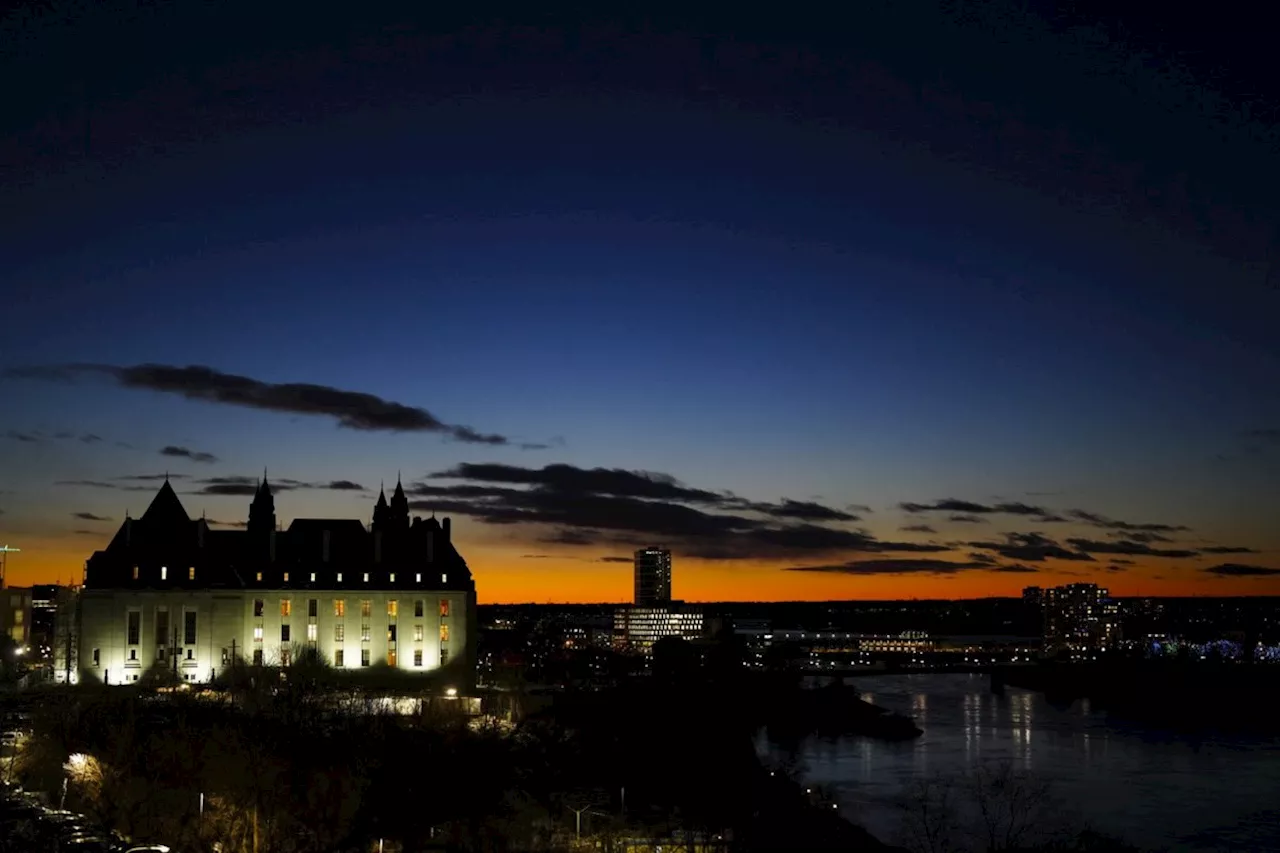 Supreme Court of Canada to Decide on Bill 21 AppealThe Supreme Court of Canada is set to announce next week if it will hear a challenge against Quebec's controversial secularism law, Bill 21. The law, which prohibits some public sector workers from wearing religious symbols on the job, has been upheld by the Quebec Court of Appeal. Multiple groups, including the National Council for Canadian Muslims and the Canadian Civil Liberties Association, are seeking leave to appeal the decision to the Supreme Court. The Quebec government maintains that the law is reasonable and intends to defend it vigorously against all challenges.
Supreme Court of Canada to Decide on Bill 21 AppealThe Supreme Court of Canada is set to announce next week if it will hear a challenge against Quebec's controversial secularism law, Bill 21. The law, which prohibits some public sector workers from wearing religious symbols on the job, has been upheld by the Quebec Court of Appeal. Multiple groups, including the National Council for Canadian Muslims and the Canadian Civil Liberties Association, are seeking leave to appeal the decision to the Supreme Court. The Quebec government maintains that the law is reasonable and intends to defend it vigorously against all challenges.
Read more »
